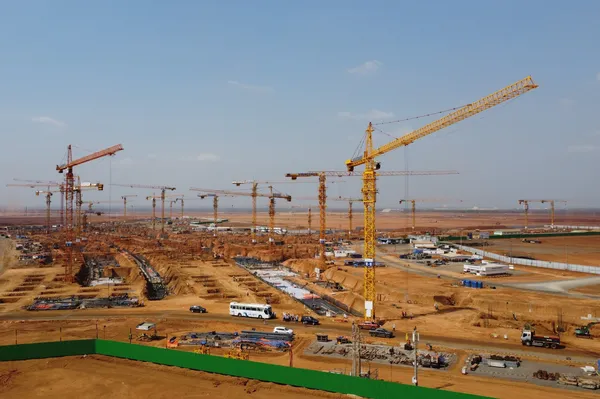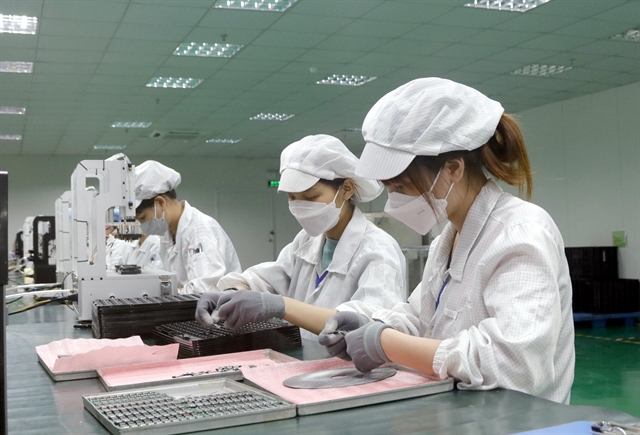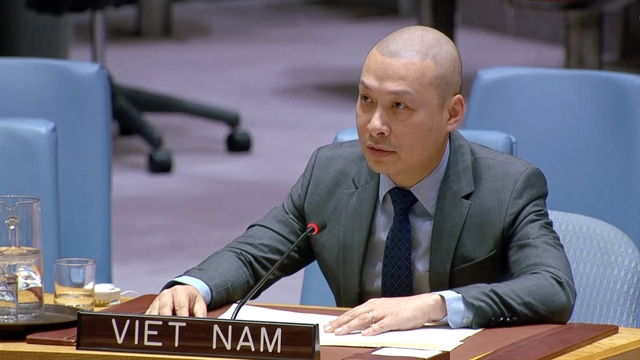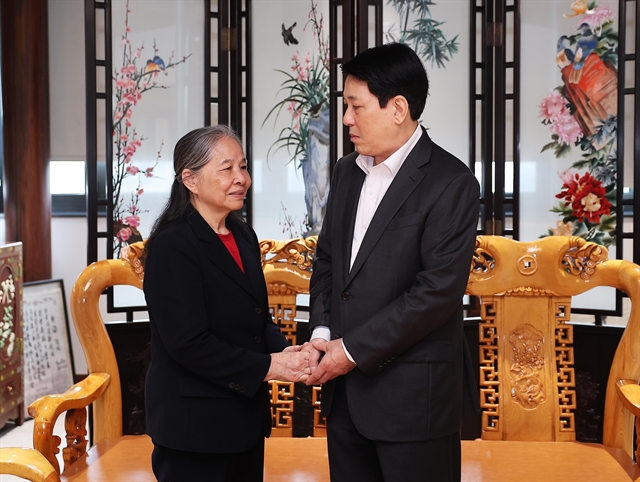 Economy
Economy

 |
| Workers at a factory in the northern Bắc Giang Province. — VNA/VNS Photo Đồng Thúy |
HÀ NỘI — Ministries and agencies should continue to review and propose to cut unnecessary, unfeasible, unclear, indefinite or unsuitable business conditions no later than the second quarter of this year, the government’s Steering Committee for Administrative Reform has suggested.
They should review and recommend the removal of conditional business lines that could be applied with more effective management measures before June 2024, according to the committee.
Prioritising resources for refining legal frameworks, improving law enforcement effectiveness, and eliminating bottlenecks in mechanisms and policies supporting production and trade should be also included.
During the seventh meeting of the committee held in Hà Nội earlier this month, Prime Minister Phạm Minh Chính stressed the need to eliminate unnecessary, unfeasible, unclear, indefinite and unsuitable business conditions.
He said ministries and agencies had cut and simplified 628 business regulations, and 100 per cent of localities had completed the rearrangement of their agencies.
Public finance reform received due attention, resulting in an 8.12 per cent increase in State budget revenue over estimates despite tax exemptions, reductions, extensions and waivers totalling nearly VNĐ194 trillion (US$8 billion), PM Chính said.
The PM, who is also head of the steering committee, requested administrative reform be boosted in six fields, including institutional reform, administrative reform, State administrative apparatus reform, reform of public affairs, public finance reform, and e-government building.
He stressed that institutional reform must focus on removing legal hindrances to production and trade, while administrative reform should prioritise procedural simplification and decentralisation of authority.
Regarding public finance, reform efforts should focus on increasing revenue and reducing regular spending to spend more on development investment, along with fighting corruption and negative practices.
In the realm of e-government development, the government leader urged advancing digital government, digital citizenship and digital society. VNS




